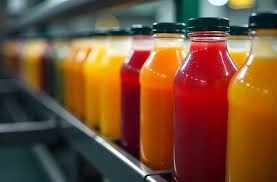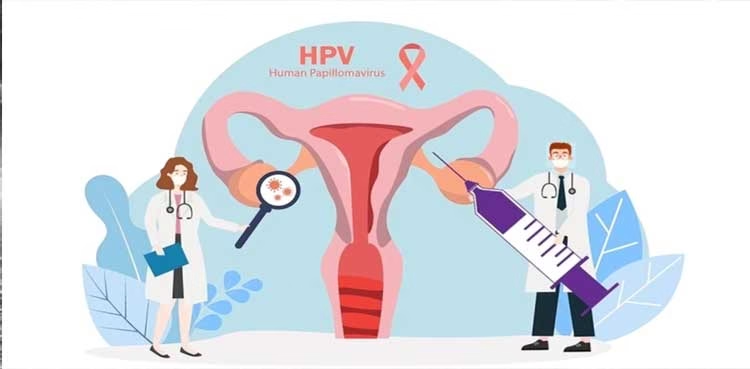The Financial and Economic Cooperation Committee of the Gulf Cooperation Council (GCC) has approved a revised methodology for calculating the selective tax on sweetened beverages, marking a major shift toward a sugar-content-based taxation system. The new approach will take effect in Saudi Arabia on January 1, 2026.
Under the tiered volumetric model, tax rates will vary according to the amount of sugar per 100 millilitres in a beverage, replacing the existing flat 50 percent tax imposed on the retail price of all sweetened drinks.
In line with this development, the Zakat, Tax and Customs Authority (ZATCA) has released proposed amendments to the Implementing Regulations of the Excise Goods Tax Law on the Public Consultation Platform (Istitlaa). The amendments detail the transition to the new model, and the public can submit feedback until October 23.
The revised taxation method will apply to all sweetened beverages, including those containing added sugars, artificial sweeteners, or other sweetening agents. It will cover beverages in all forms — ready-to-drink, concentrates, powders, gels, extracts, or other convertible products.
This regional shift follows the GCC committee’s resolution to unify and modernize how excise tax on sweetened beverages is calculated across member states.
According to ZATCA, the early announcement aims to give manufacturers and importers adequate time to prepare for compliance. The authority also plans to hold awareness and technical workshops in coordination with relevant agencies to ensure a smooth and well-informed transition before the 2026 rollout.



